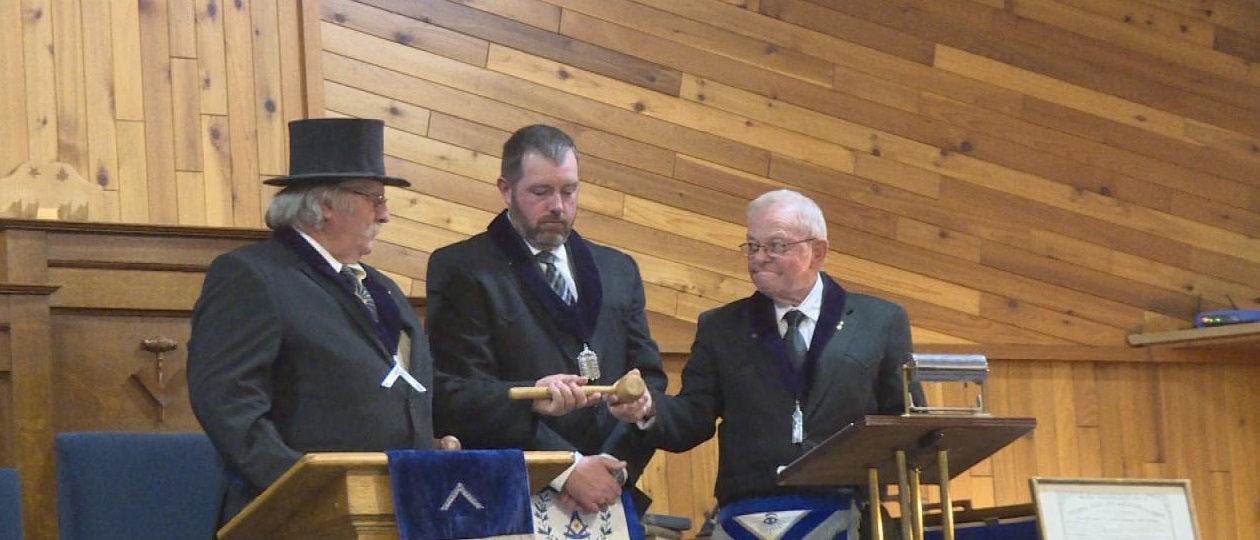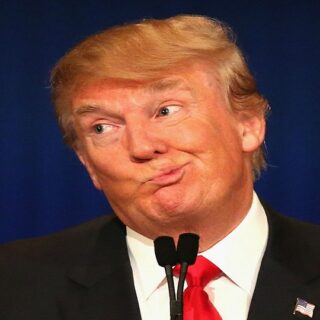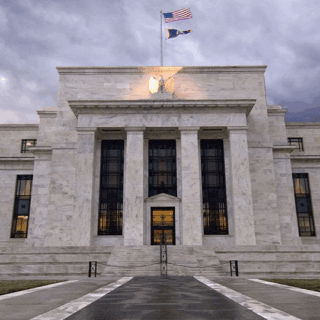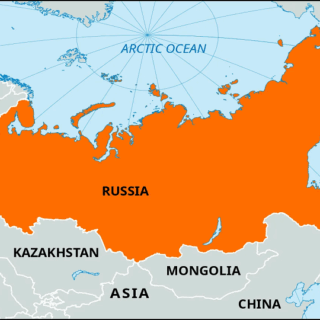
Many of our Greek Orthodox Christians in the US have become members of Masonic lodges.
They hear of criticisms leveled against Masonry and are puzzled by them, especially because they understand Masonry to be on the side of God and morality, in general. They find it difficult to understand the charges leveled against Masonry which consider the Masonic teaching and organization as an enemy of the Church and Masons who are Orthodox Christians as a contradiction in terms. You may come to understand some of this controversy if you consider the origins and development of this movement.
When it was formally established in 1717 in England and obtained its present ritual in 1723, Masonry became Protestant in character. It provided a certain ritual experience which was lacking from the worship of Protestants. As a secret society with its own rituals it was condemned by the Roman Catholic Church through the encyclical of Pope Pius VII, “Ecclesium a Jesus Christ,” issued in 1821. In some places, such as England and the United States, luted, deistic general religious teaching. It became, eventually, a social vehicle for upwardly mobile persons… including many Greek Orthodox immigrants to the United States.
In other places, such as France, Italy, Russia and Greece, Masonry attracted persons who were hostile to Christianity and in those countries the original broad and general religious teachings were eliminated and Masonry became an organized rationalistic, anti-religious, anti-Church and secular force.
It is not hard, then, to understand why the Orthodox Church in Greece condemned Masonry as an anti-religious movement. Much which is written against Masonry by Orthodox is inspired by this reality. In the United States, however, there is less tendency for the Orthodox Church to respond so negatively to Masonry because of its more benign form here. Though a small number of members still retain an ideological loyalty to it, most Greek Orthodox who are members of Masonry, treat it as a social and business club, in no way competitive with their loyalty to the Church.
However, Greek Orthodox persons who are Masons need to ask themselves some very important questions. Does belief in God as “The Great Architect,” not ignore some of the cardinal teachings of our Orthodox Christian faith, such as the Divinity and Saving work of Jesus Christ? Do Masonic beliefs tend to make all religions equal, thus denying the special revelation of Christianity? Are the rituals of Masonry substitutes for true faith and practice in the Sacraments of the Church?
Greek Orthodox persons who are Masons need to examine themselves on these and similar questions. In these matters of ultimate importance no Orthodox Christian should have divided loyalties.






One comment
Pingback: Anonymous User